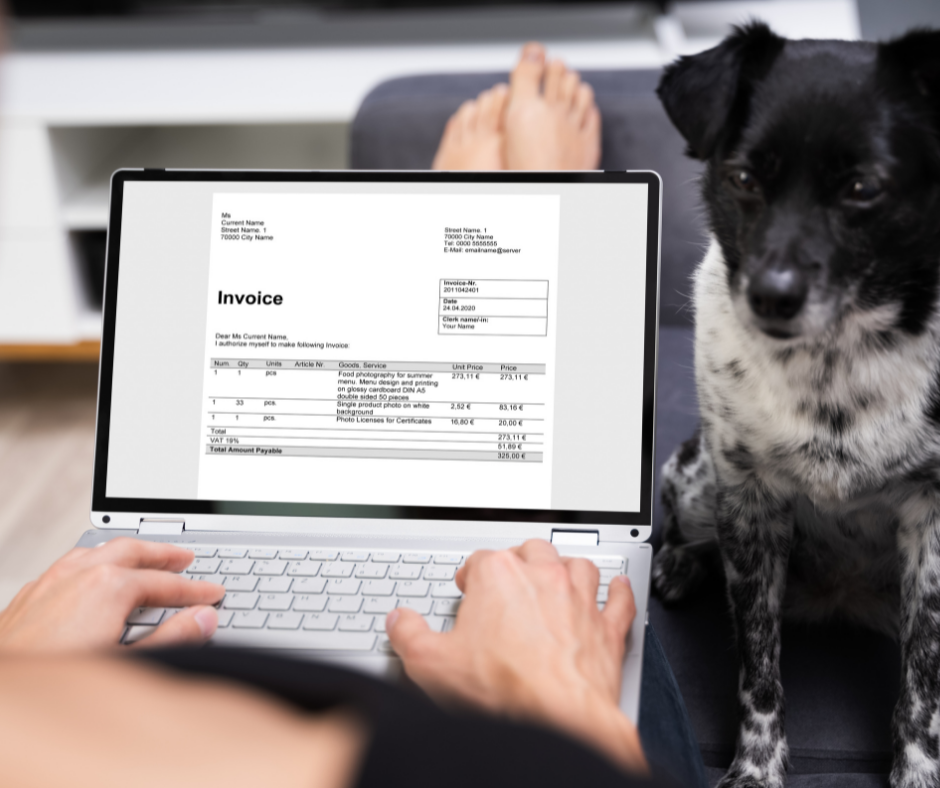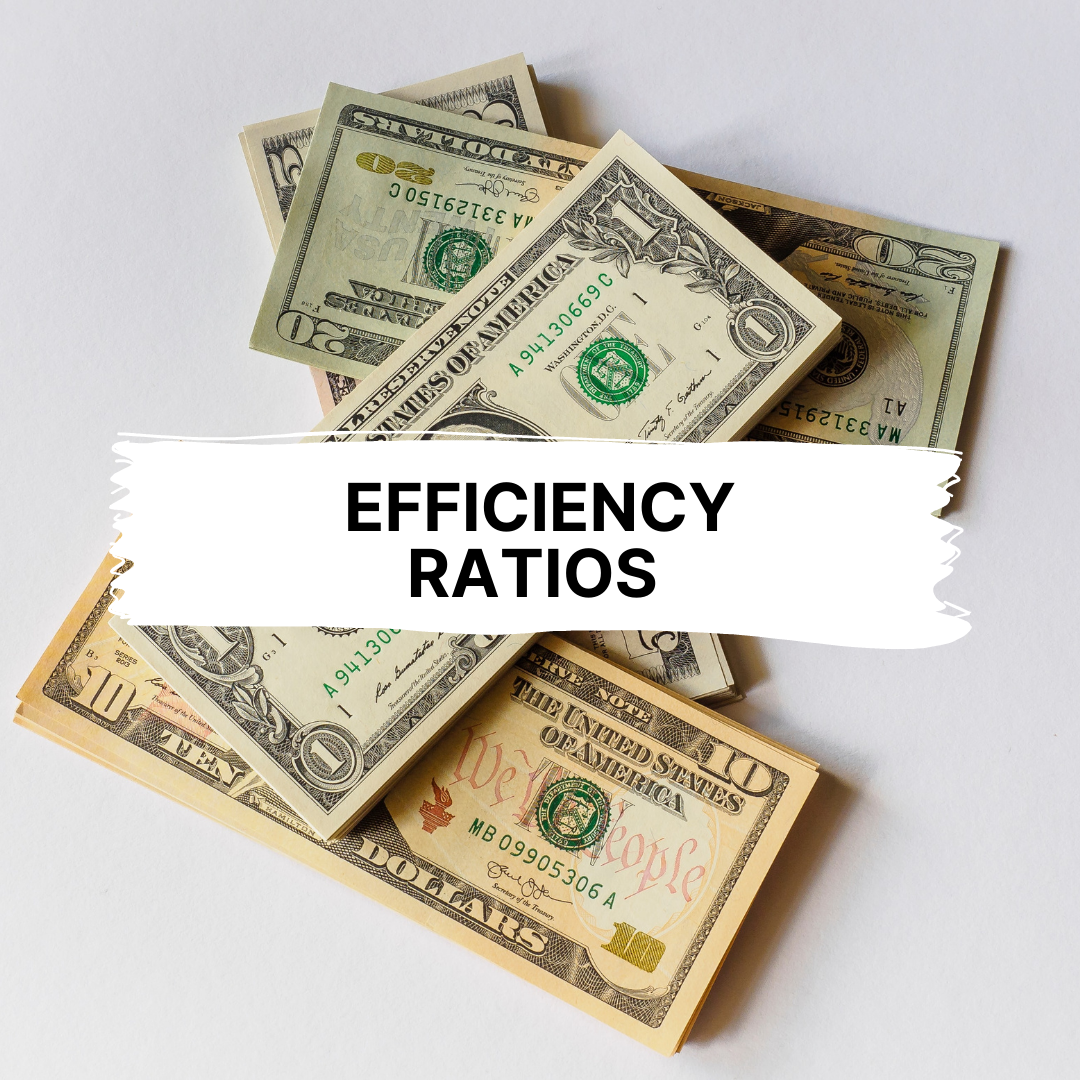Illiquid refers to the situation where equity stocks, bonds, or other immovable assets cannot be liquidated or sold through normal channels. In some cases, you may sell an illiquid asset at a lower price than what you paid at the time of purchasing the asset.
Illiquid assets are difficult to sell because of low investor interest or a muted demand for the asset. For example, if you buy a low-volume stock, not many investors will be willing to purchase the stock when you become ready to sell. Hence, such a stock will be referred to as an illiquid stock. Illiquid assets are generally characterized by lower trading volume and investor participation, bigger bid-ask spreads, and widespread price volatility.
At this point, you might be wondering why you need to learn about illiquid assets. As a fact, investing in illiquid assets is a top investment strategy for many well-known investors such as pension funds, hedge funds, private equity funds, and many more. So, what is an illiquid asset, and how can you invest in such assets to make money? Dive deep to find the answer.
This article is divided into the following sections to clarify all your queries regarding illiquid assets:
- What is an illiquid asset?
- Examples of illiquid assets?
- Is trading in illiquid assets riskier than other forms of trading/ investing?
- How can you identify illiquid stocks?
- Can illiquid stocks be good investment bets?
- What is illiquidity in business?
- Should you invest in illiquid assets?
What is an Illiquid Asset?
A liquid asset is one that you can sell quickly and conveniently with or without a profit. In contrast, an illiquid asset often cannot be sold so easily. Sometimes, to sell an illiquid asset, you must be willing to lose a considerable part of your investment amount.
Fixed deposits and equity stocks are generally considered liquid financial instruments since you can sell them anytime you want. Although equity stocks are not cash, they are liquid assets and are treated as cash according to accounting standards. For instance, you can find both cash and equity stocks under the section ‘Cash and Other Liquid Assets’ in financial disclosure.
A typical example of an illiquid asset is real estate since you cannot sell it quickly. If you want to sell real estate, you have to physically find a buyer and complete all legal and documentary formalities of the sale before selling your property and getting the cash. And, since real estate prices depend on myriad factors, you might also have to sell it at a discounted price to get the cash. However, real estate may also be liquid if you can sell it instantly, whenever you want.
So, the definition of illiquid assets is often vague. What might be illiquid for you on one day might convert into liquid on the following day. For instance, whereas real estate is illiquid in one location, it might be liquid in another. Generally, if an asset takes over 72 hours to be sold against a fair value, it is considered illiquid.
Examples of Illiquid Assets?
Real estate properties, such as houses, plots of land, etc., and antiques, cars, and certain debt instruments are some examples of illiquid assets. Sometimes, old coins, memoirs, stamps, art pieces, and collectibles are also known as illiquid assets.
Over-the-counter stocks or pre-IPOs are also illiquid. Although these stocks are bought or sold through brokers, the liquidity is often non-available because of low investor participation. As a fact, you can always find more buyers and sellers in liquid assets than illiquid ones.
Generally, most large and mid-cap stocks, mutual funds, bonds, mutual funds, or commodities like crude oil, gold, copper, etc., are very liquid and can be bought and sold instantaneously. However, they may be illiquid if you want to sell them after the closing of the market. Some mutual funds come with a fixed lock-in period, and you cannot withdraw them before maturity. Such mutual funds are considered illiquid.
Liquidity is a dynamic concept, meaning it can change many times during a day or month. The market and the buyers and sellers of a particular asset determine its liquidity. For example, while old coins are generally illiquid, the demand for a particular variety might shoot up if news emerges that big coin collectors are buying them in hordes. Such news can boost the demand for such coins and increase their liquidity. Hence, while the old coin is naturally illiquid, it may become liquid all of a sudden.
In essence, the more volatile an asset, the more its liquidity.
Is Trading in Illiquid Assets Riskier Than Other Forms of Trading/Investing?
Illiquid assets are undoubtedly riskier than liquid assets. Illiquid investments are prone to liquidity risks. The problem gets compounded when the market is passing through a tumultuous phase. During a bear phase, no one wishes to buy stocks. And, if you plan to sell a stock at that moment, you might not find buyers.
Illiquid assets are also risky because even if you find a buyer, the buyer might negotiate the price to your disadvantage if they recognize that the asset cannot be easily disposed of. Moreover, during a recession or global crisis, the liquidity scenario in the broader market may be weak, making it extremely difficult to dispose of such assets. As a fact, many otherwise liquid assets become illiquid during times of financial crisis.
How Can You Identify Illiquid Stocks?
Finding illiquid stocks is not difficult if you have the right know-how. Here are some characteristic qualities of illiquid stocks:
- No or Minimal Institutional Investor Participation - Foreign and domestic institutional investors generally purchase stocks with the potential to grow massively. However, if any stock does not have significant FII or DII participation, it might be or soon become an illiquid stock
- Low Volume - Volume indicates investors’ interest in a particular stock. If any stock does not trade with decent volumes, it might be illiquid
- Lower Circuit - Look for stocks that hit lower circuits every day. If any stock hits the lower circuit on three consecutive days on the exchange, you may consider it illiquid
- Wider Bid-Ask Spread - If there is a massive difference between the price demanded by the sellers versus the price offered by the buyers, the stock is most likely illiquid
Can Illiquid Stocks be Good Investment Bets?
You can quickly identify an illiquid stock by looking at the number of shares exchanging hands at the stock exchange every day. Usually, people buy stocks that can be bought or sold instantly. However, some experienced traders, investors, and contrarian fund managers prefer investing in these stocks, hoping to make profits if they turn into multibaggers. Luckily, for some investors, these contrarian calls fetch them insane returns if their judgment is proper.
It is a common perception that illiquid stocks are of dubious companies. But, this is far from the truth. Some illiquid stocks are illiquid because of a low public float. In such shares, the majority of the holding remains with the promoters. Institutional investors carefully evaluate the financial condition and promoter holding of an illiquid stock before pouring money into it. However, if you are not careful, you might also invest in an illiquid stock that will be delisted shortly.
In India, the Bombay Stock Exchange (BSE) publishes and updates the list of illiquid securities on its website periodically. You may click on this link to check the latest list of illiquid securities in BSE.
What is Illiquidity in Business?
As per business accounting standards, companies classify their assets into two broad divisions - short-term assets and capital or fixed assets. While short-term assets are typically liquid, capital or fixed assets are illiquid.
In a business, liquid assets are accounts receivable, cash on hand, accounts payable, prepaid expenses, inventory, and the likes. Companies must maintain a healthy liquid and illiquid assets ratio since insufficient liquidity might make the company a defaulter among creditors and suppliers. Moreover, if illiquidity lingers for an extended term, the company might even be considered a bankruptcy candidate.
Should You Invest in Illiquid Assets?
Whether you should invest in illiquid assets or not depends on your risk-bearing capacity. If you are a risk-averse investor, it is wise to invest in liquid assets. However, if you do not mind additional risks for higher returns, you may invest in illiquid assets. Remember to analyze the inherent value of the asset before investing. If the asset’s inherent value is solid, it may eventually.
How can Deskera Assist You
Deskera is a cloud system that makes your business analytics and data available in real-time and across every device. This saves business time and money by making it possible to make quick decisions based on data that is updated and accurate.
An online accounting and invoicing application, Deskera Books is designed to make your life easier. This all-in-one solution allows you to track invoices, expenses, and view all your financial documents from one central location.
In addition to this, Deskera Books will make accounting faster, more efficient and real-time. This will become the basis for your sales strategy as well as business decisions. Deskera books will also ensure that your business follows the RITE framework of accounting, which will save it money.

Invoice generation, invoice reminders, and integration of tasks, inventory, tax calculations and payments due and receivable can also be brought together in one place.
Deskera is hence your go-to solution for all your business financial reports and more. It will become your guide, mentor and assistant that will help you avoid mistakes and save you money.

Conclusion
It is crucial to understand illiquid to know liquid better. Illiquid assets are necessary for investors and accountants. For companies, illiquid assets are a long-term investment, while for investors, illiquid assets allow them to make higher-than-average returns. Hence, you must learn about liquidity to scale up your investments.
Key Takeaways
- Illiquid refers to the situation where equity stocks, bonds, or other immovable assets cannot be liquidated or sold through normal channels
- Real estate properties, such as houses, plots of land, etc., and antiques, cars, and certain debt instruments are some examples of illiquid assets
- Liquidity is a dynamic concept, meaning it can change many times during a day or month
- Illiquid investments are prone to liquidity risks
- Illiquid stocks are characterized by low or minimal investor participation, low volume, wider bid-ask spreads, and the likes
- In India, the Bombay Stock Exchange (BSE) publishes and updates the list of illiquid securities on its website periodically
- Whether you should invest in illiquid assets or not depends on your risk-bearing capacity
Related Articles











